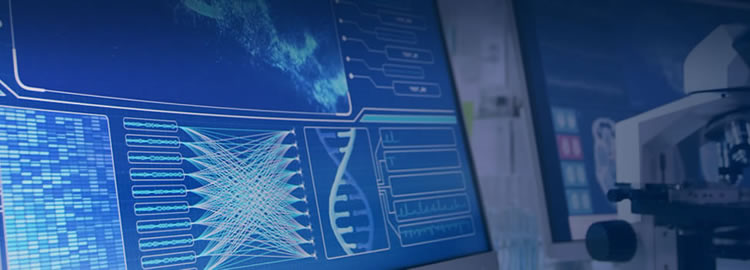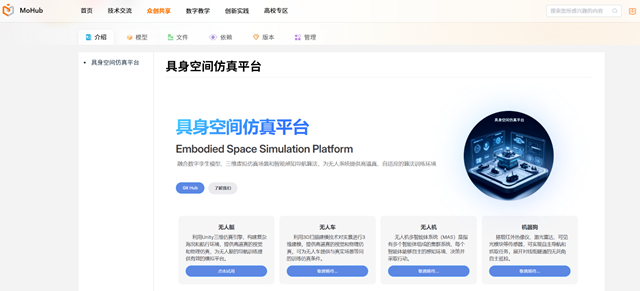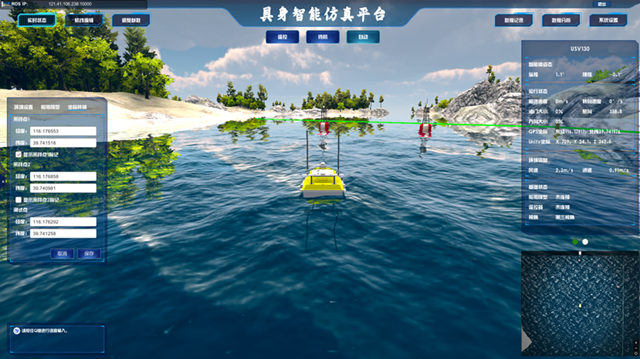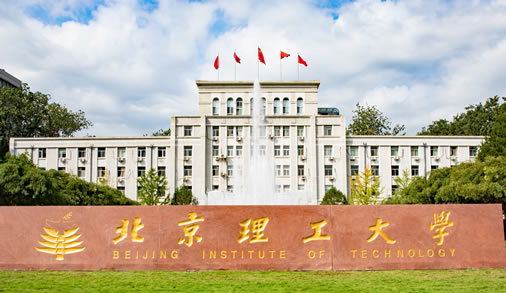

Updated: 2025-04-02

A team from the School of Integrated Circuits and Electronics at Beijing Institute of Technology (BIT) led by Associate Professor Zhou Zhiguo, in collaboration with Suzhou Tongyuan Software & Control Technology Co, has launched a framework for an Embodied Space Simulation Platform based on MWORKS.
The purpose of the platform is to develop a case study on embodied intelligent unmanned ships.
Embodied Space is a comprehensive intelligent environment that organically combines physical space, virtual space, and data space, integrating various advanced technologies such as virtual reality, computational communication, sensor fusion, decision-making reasoning, and robot control.
The Embodied Space Simulation Platform based on MWORKS is a highly integrated artificial intelligence platform that can achieve multiple functions including embodied space modeling, unmanned system modeling and simulation, intelligent agent development and training, as well as on-site deployment and testing. By integrating physical space, virtual space, and data space, it supports the perception, learning, reasoning, and action of unmanned systems, aiming to enhance the embodied intelligence of these systems. Through its key modules such as the virtual simulation engine, generative intelligence engine, and reasoning evolution engine, it achieves the construction and functional support of embodied space.

Embodied Space Simulator
This platform uses a 3D virtual engine to build high-fidelity scenes, constructs an intelligent agent information-physical fusion virtual simulation environment based on the MWORKS platform, supports dynamic modeling of complex scenarios and cluster collaborative training of multi-agent systems, covering navigation, decision-making, and interactive tasks for unmanned systems such as drones, unmanned vehicles, and robotic dogs.
The embodied intelligent unmanned ship is a typical application case of the Embodied Space Simulation Platform. It consists of five components: a digital unmanned ship based on MWORKS, an open-source framework for unmanned ships based on ROS, a virtual three-dimensional simulation engine based on Unity, a deep reinforcement learning neural network based on PyTorch, and the integration of the large-scale DeepSeek model.
The team is actively promoting the establishment of a course on Embodied Intelligent Simulation and Modeling and the development of related teaching materials. The materials will systematically explain the background knowledge of embodied intelligence, the current research status, and mainstream frameworks. They will introduce the basic knowledge of modeling and simulation of embodied physical information systems based on MWORKS, ensuring that readers can comprehensively grasp the core content of embodied intelligence from theory to practice. The focus will be on introducing the embodied intelligence framework based on MWORKS, covering topics such as ROS, three-dimensional virtual simulation environments, and the MWORKS computing engine, fully demonstrating the strong capabilities and extensive application prospects of domestic simulation platforms in the field of embodied intelligence.














